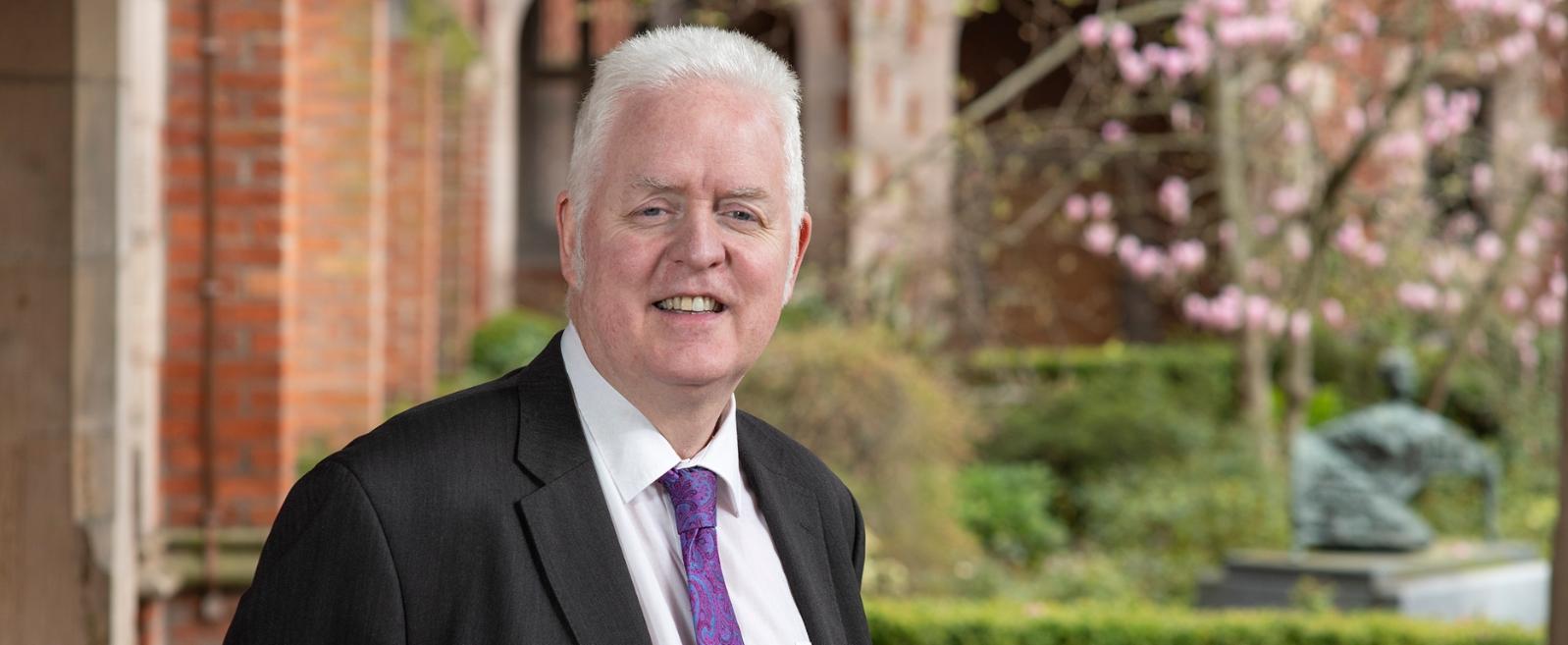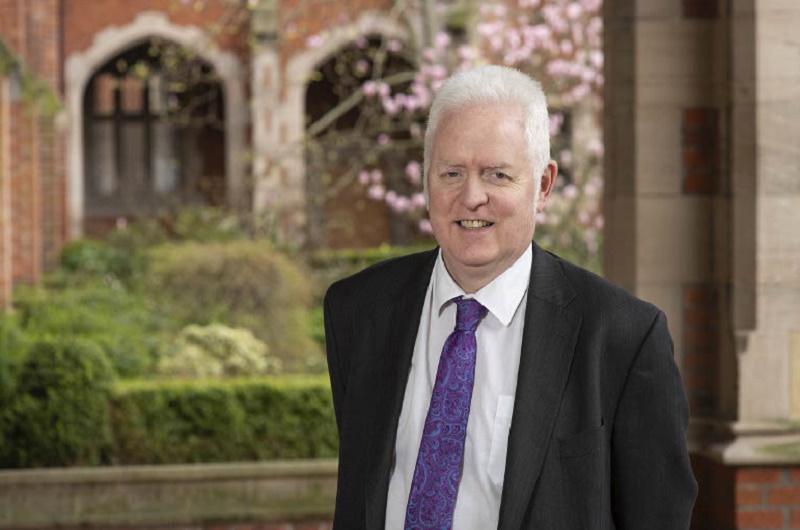Queen’s Professor leads Big Data effort to address cancer and cardiovascular diseases
Professor Mark Lawler from Queen’s will co-direct The Big Data for Complex Disease (BDCD) Programme which aims to exploit the power of big data to diagnose and treat two of the biggest global health challenges - cancer and cardiovascular diseases.

The BDCD Programme is one of five new research driver programmes announced today by Health Data Research UK (HDRUK), the UK’s national institute for health data science. These five new research driver programmes are central to HDRUK’s new strategy over the next five years and are underpinned by an investment of £72.3M.
Cancer and cardiovascular diseases are the two leading causes of death in the UK and around the world. Despite substantial advances in prevention, diagnosis and treatment, their impact on public health has continued to rise as the world’s population continues to age. Addressing this challenge requires a direction of travel that recognises and exploits the power of big data to catalyse novel approaches to diagnose and treat these two big killers.
The BDCD Programme will use a data driven approach to provide a greater understanding of cancer and cardiovascular disease. This intelligence will help to develop better prevention, earlier detection and safer and more effective treatments for these common and life-threatening diseases.
Professor Mark Lawler, Professor of Digital Health and Chair in Translational Cancer Genomics from the Patrick G Johnston Centre for Cancer Research at Queen’s University Belfast and Co-Director of the BDCD Programme, said “This is an unprecedented opportunity to bring together the best minds in the UK to address the two Big ‘C’s’ of human health, cancer and cardiovascular disease, which collectively kill over 320,000 people in the UK each year. We will deploy a new approach, underpinned by the smart use of data, to provide a better insight into the key drivers of these diseases and use these insights to transform the lives of our patients and citizens.
“This is a significant investment, and I am very excited to be working with colleagues across the UK and beyond in a team science approach that will address inequalities and deliver impact.”
Professor Cathie Sudlow, Chief Scientist and Deputy Director of HDR UK, Director of the British Heart Foundation Data Science Centre and Co-Director of the BDCD Programme, said: “Through uniting expertise, data and research infrastructure across the UK, our ambition is to create an enduring foundation that will enable health data research into cardiovascular disease, cancer and many other diseases for decades to come. Patients and the public will be at the core of our work, shaping everything we do to promote trust and ensure that what we uncover can improve peoples’ lives.”
Featured Expert
